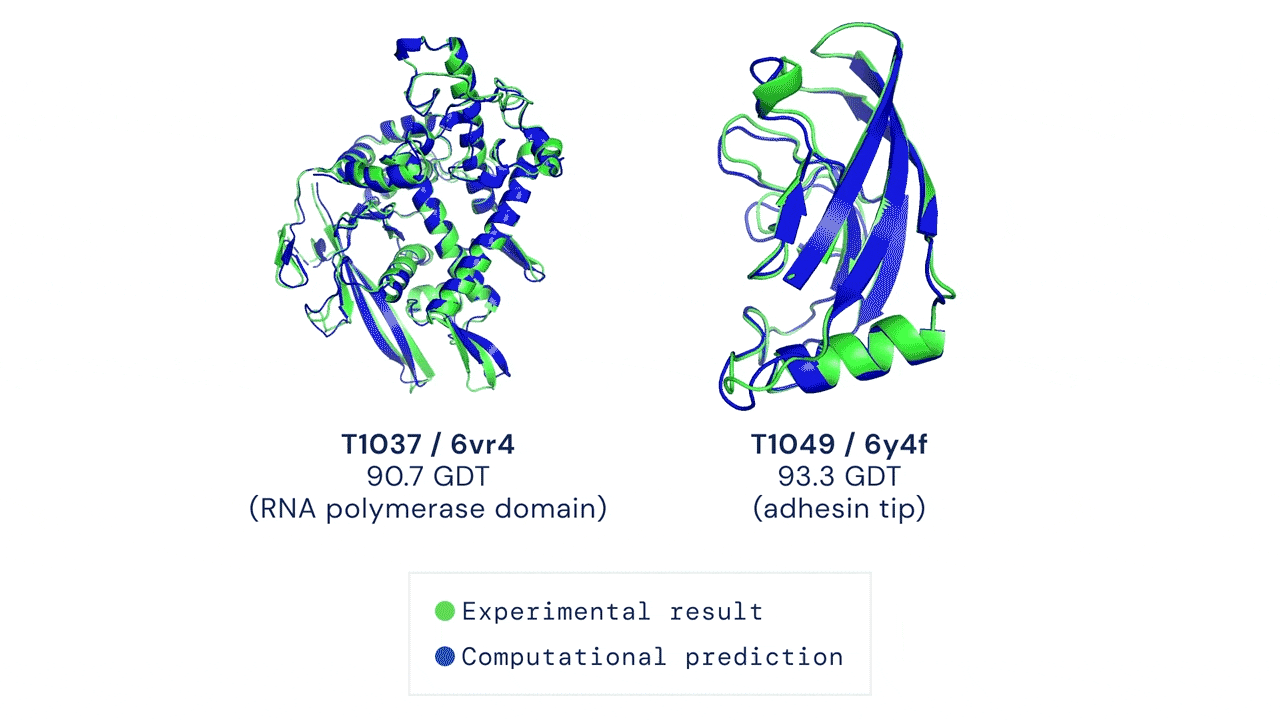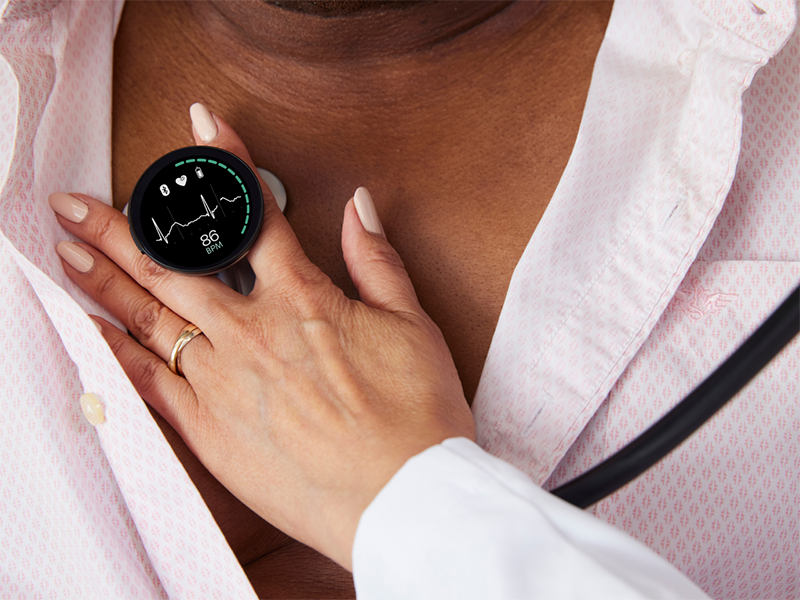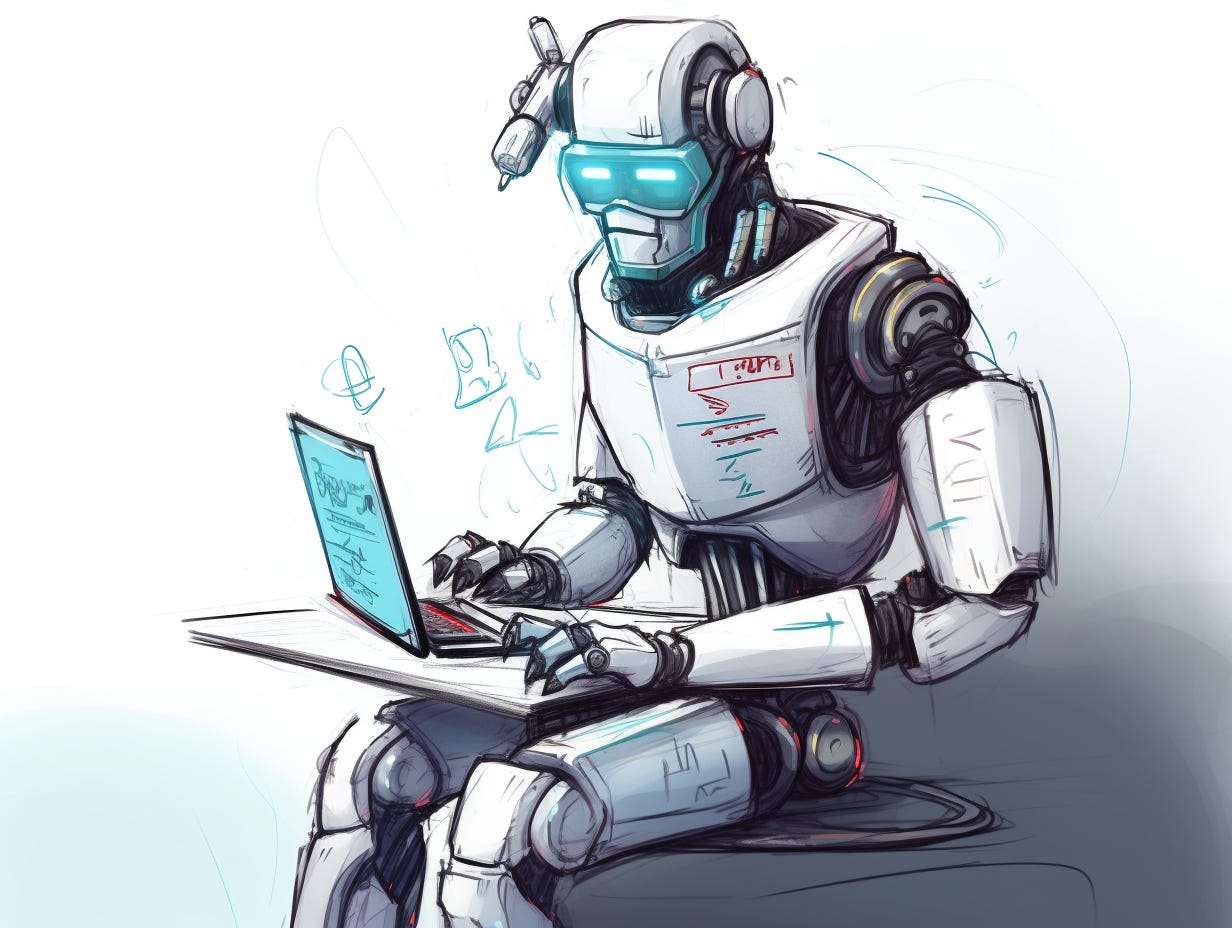AI and the future of healthcare 🏥
3 powerful ways AI is helping us live longer and healthier lives
Welcome back to Year 2049! 🔮
Thanks for joining me on the journey to learn about the emerging technologies and innovations shaping the future.
Get practical insights, case studies, and resources to help you embrace and harness the power of AI in your life, work, and business every Friday 👇
Hey friends 👋
I’ve realized that everyone is curious and looking for more in-depth content on how AI is affecting their jobs and industries, so I want to start sharing some powerful and exciting applications I’ve been reading about in my free time.
Today, we’re starting with healthcare. In 20 years, I believe we’re going to realize that healthcare was the industry that benefitted the most from AI even though it seems to lag behind other industries today.
Once you’re done, leave a comment to tell me which industry I should cover next.
Enjoy!
– Fawzi
AI + Healthcare 🤝
One of the big promises of AI is its potential to help us live longer and healthier lives by radically improving processes and services within the healthcare industry.
There’s a lot to cover in this space, but I’ll focus on 3 applications for today:
Accelerating drug design and discovery
Improving the accuracy and timeliness of screening and diagnosis
Making documentation easier for doctors and nurses
Accelerating drug design and discovery
As a human race we’re asking: what is the code for life? In terms of drug discovery, AlphaFold is an additional piece of that puzzle. Each of the pieces needed for drug design is extremely complex. But putting a few of the pieces together could accelerate drug discovery in a way we’ve never seen ever before.
– Karen Akinsanya, President of R&D, Therapeutics, at Schrödinger in NYC
Back in 2021, Google’s DeepMind released AlphaFold. It’s an AI system that can predict the 3D shape of proteins with unprecedented accuracy.
Why does this matter? For a few reasons:
Proteins are the “nanomachines” that are responsible for many functions in your body
Each protein folds which gives it a unique 3D shape that determines its function
The number of shapes a protein can have is infinitely large
Diseases like Alzheimer’s and Parkinson’s are caused by misfolded proteins

Designing drugs or treatments for these diseases requires finding a protein whose 3D shape can “bind” on the surface of those misfolded proteins.
Before AlphaFold, it would take a Ph.D. student years to determine the shape of one protein because of costly and time-consuming experimentation. With AlphaFold, it takes them seconds.
Even better, DeepMind provides a protein structure database which contains over 200 million protein structure predictions that are publicly available to the global scientific community. Imagine how much more progress every Ph.D. student or biologist can achieve with this.
This is accelerating research efforts to help treat Parkison’s, develop a vaccine for malaria, and more.
🎥 Video: DeepMind’s CEO explains AlphaFold (Lex Fridman podcast clip)
Improving the accuracy and timeliness of screening and diagnosis
We’re also seeing AI systems assisting medical professionals in screening and diagnosing patients more accurately.
Five hospitals and clinics in Hungary have been using AI software to help doctors during their breast cancer screening program. An NYT report detailed how the program has performed so far:
The five hospitals and clinics perform 35,000 screenings each year as part of Hungary’s breast cancer screening program
Since 2021, the AI system has identified cancer missed by radiologists in 22 cases, with 40 more under review
AI isn’t replacing doctors: each mammogram is reviewed by two radiologists first, then the AI either agrees or flags areas to check again
The system can identify tiny but high-risk lesions that may develop into cancer. This information would help radiologists decide on additional tests to assess the patient’s situation, according to Dr. Larry Norton.
Another powerful application of AI for screening is the Eko Stethoscope. The system powering it has been trained on thousands of normal and abnormal heart sounds to help doctors and care providers catch any heart problems early on. The latest version of the device can even help detect lung disease.
In both cases, these detection and classification systems help medical professionals find problems earlier and provide pre-emptive care to patients.
Making documentation easier for doctors and nurses
Like many industries, healthcare systems struggle with documentation.
A few years ago, I worked on a project to help standardize synoptic reporting across Ontario’s hospitals as part of my engineering capstone design project. The biggest challenge for hospitals was the variety and unstructured nature of documents including doctors’ notes and clinical reports that often had different formats.
This complicates knowledge transfer across different stages of care or when visiting different hospitals and clinics.
Thankfully, some progress is being made to improve documentation while reducing tedious paperwork on medical professionals.
Amazon and 3M Health Information Systems (a software provider for health information management) recently announced a partnership to leverage AWS’s generative AI capabilities including:
Text generation → Example: generating reports
Search → Example: finding and synthesizing data across a set of health records
Text summarization → Example: summarizing a patient’s medical history before a visit
Transcription → Example: convert speech and audio conversations into text documents that can be queried in the future
Microsoft announced a similar initiative through Nuance, an AI company it acquired for $19.7 billion last year.
When working on my capstone project, the recurring problem I heard from doctors was how time-consuming and draining documentation was along with all the stressful responsibilities of the job itself.
Doctors, nurses, and other care providers are severely overworked which leads them to burn out or leave the profession entirely. My greatest hope is that innovations like these live up to their potential and give them the assistance and support they need.
The future is too exciting to keep to yourself! Share this edition of Year 2049 in your group chats with friends, family, and coworkers.
If you’re not already a free subscriber, join to receive practical insights, case studies, and resources to help you understand and embrace AI in your life and work.
Further reading
Some other AI use cases I’ve written about before:
How would you rate this week's edition?










